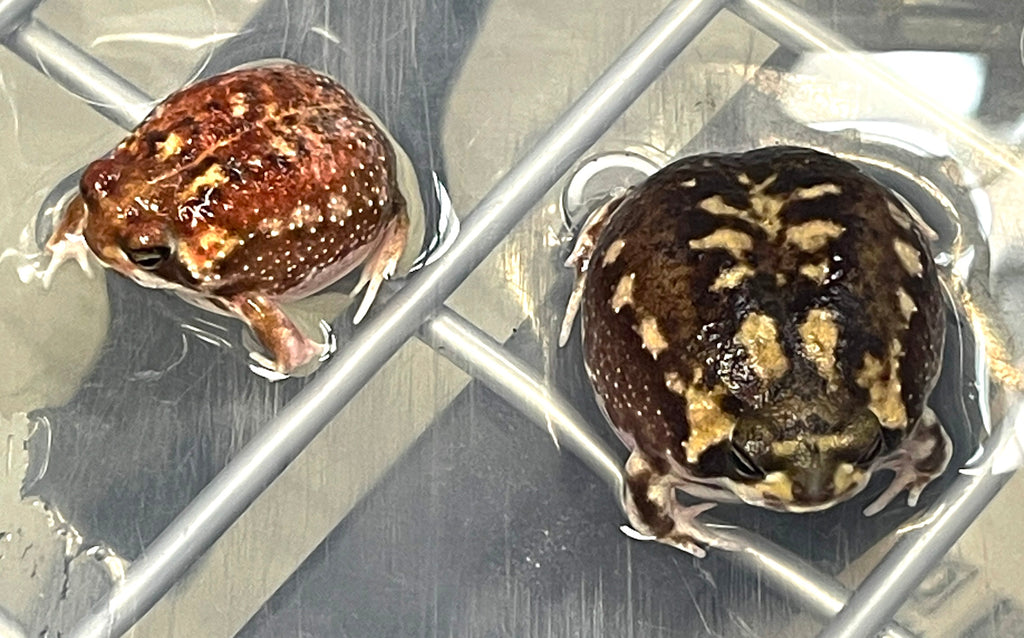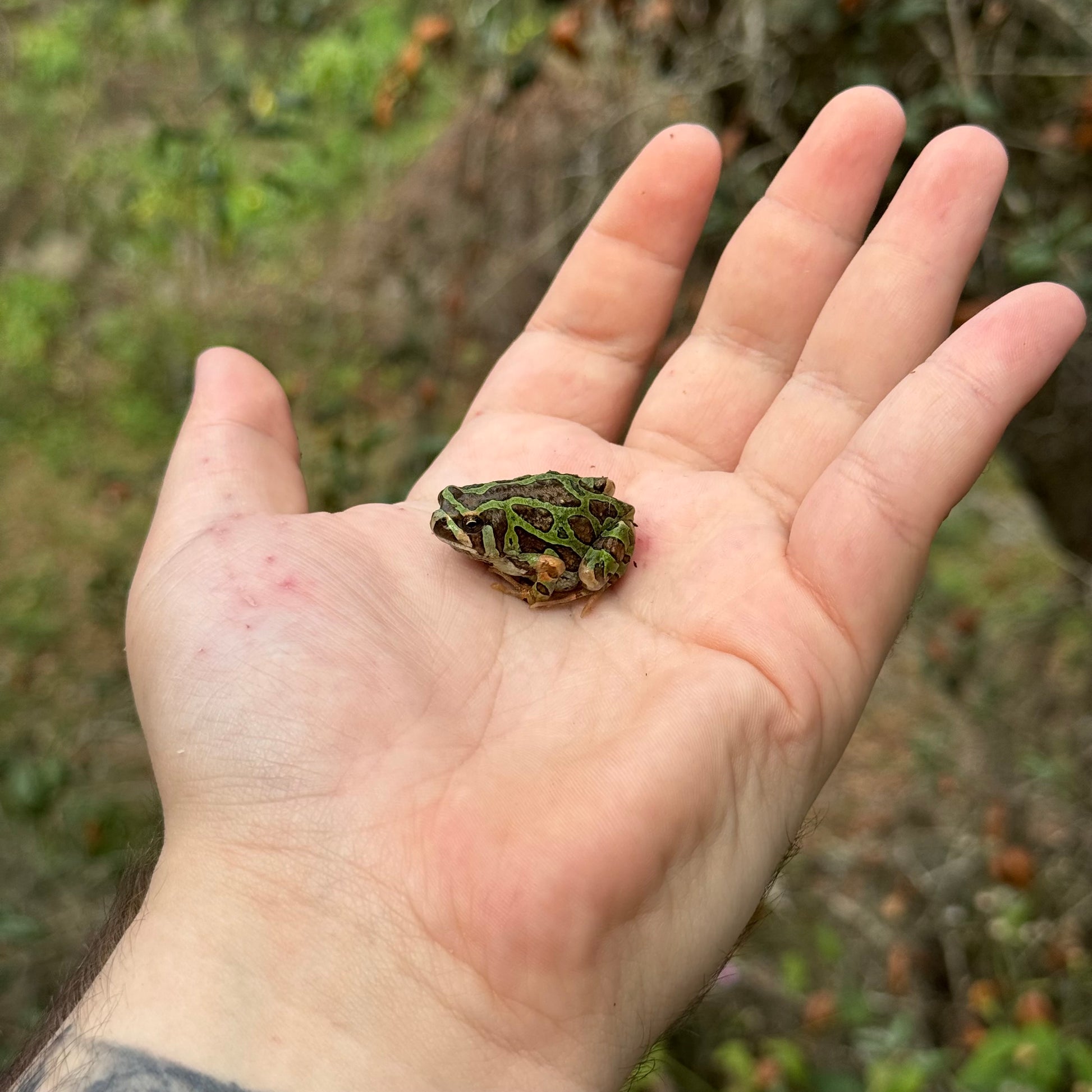Explore Rain Frog for Sale: Boost Your Pet Dog Video Game with a Distinct Amphibian Close Friend!
Explore Rain Frog for Sale: Boost Your Pet Dog Video Game with a Distinct Amphibian Close Friend!
Blog Article
Common Health Issues in Reptiles: Symptoms and Solutions
In the detailed world of reptile treatment, comprehending the common wellness issues that might impact these unique animals is critical in guaranteeing their wellness. Whether it's grappling with parasitical invasions, browsing dehydration worries, or addressing skin conditions that manifest in subtle means, being attuned to the signs and outfitted with the understanding of reliable services is essential for any kind of reptile owner.
Respiratory System Infections
Respiratory system infections in reptiles can dramatically influence their total health and wellness and need timely focus from experienced vets. In reptiles, respiratory infections can be particularly challenging to detect and deal with due to their special composition and physiology.
Treatment for respiratory system infections in reptiles typically entails a mix of supportive treatment, such as preserving proper moisture levels and temperature level gradients in the unit, in addition to targeted medicine to address the particular microorganism responsible for the infection. It is critical for reptile proprietors to monitor their pet dogs closely for any kind of indications of respiratory distress and look for veterinary treatment at the earliest indication of a problem. With timely intervention and appropriate therapy, many reptiles can recoup completely from respiratory system infections and resume regular activities.

Metabolic Bone Illness
What factors add to the advancement of Metabolic Bone Condition in reptiles?
Metabolic Bone Disease (MBD) in reptiles is mainly triggered by a lack of appropriate calcium, phosphorus, and vitamin D3 levels in their diet regimen. Additionally, inadequate exposure to UVB light prevents reptiles from manufacturing vitamin D3, which is crucial for calcium absorption and bone health.
Not enough moisture levels can additionally affect a reptile's ability to metabolize calcium properly. Routine vet check-ups, correct husbandry methods, and a well balanced diet are essential to stop Metabolic Bone Disease in reptiles.
Parasitical Invasions
Parasitical infestations posture a considerable wellness danger to reptiles, influencing their general health and requiring punctual veterinary interest. Reptiles can be influenced by various bloodsuckers, consisting of mites, ticks, interior worms, and protozoa. These bloodsuckers can cause a variety of symptoms, such as weight management, lethargy, skin inflammation, looseness of the bowels, and even fatality if left untreated.
One typical bloodsucker found in reptiles is the mite, which can trigger skin irritability, tension, and anemia. Ticks are an additional external parasite that can transfer illness and create discomfort to the reptile. Internal parasites like worms and protozoa can result in digestion concerns, malnutrition, and compromise the reptile's body immune system.
To detect a parasitical problem, a vet might execute fecal examinations, skin scrapings, or blood examinations. Therapy frequently includes deworming medications, antiparasitic baths, or in severe cases, hospitalization. Preventative measures such as regular vet exams, correct health, and quarantine procedures for new reptiles can help minimize the risk of parasitical problems and make certain the wellness of reptile family pets.
Dehydration and Hydration Issues
Dehydration in reptiles can dramatically affect their health and wellness and wellness, necessitating prompt treatment and suitable hydration management. Reptiles are vulnerable to dehydration because of numerous variables such as poor water consumption, high environmental temperature levels, and particular health and wellness problems. Signs of dehydration in reptiles include sunken eyes, lethargy, loss of skin flexibility, and decreased peeing. If left unattended, dehydration can cause major wellness problems and even be deadly to the reptile. check here
To stop dehydration, reptile owners must guarantee that their pet dogs have access to tidy water in all times. The water meal need to be large sufficient for the reptile to take in if required, especially for types that soak up water through their skin. Furthermore, keeping proper humidity degrees in the reptile's unit and offering routine bathrooms can help avoid dehydration.
In situations of dehydration, it is essential to look for vet treatment quickly. A vet might administer fluids either by mouth or via injections to rehydrate the reptile. It is necessary moved here to resolve the underlying cause of dehydration to avoid reappearance and guarantee the reptile's general wellness.
Skin Disorders

Final Thought

Respiratory infections in reptiles can dramatically impact their total health and wellness and call for timely focus from knowledgeable veterinarians (rain frog for sale). Preventative procedures such as regular veterinary exams, appropriate hygiene, and quarantine procedures for brand-new reptiles can help decrease the risk of parasitical infestations and make sure the well-being of reptile family pets
If left untreated, dehydration can lead to severe health problems and also be fatal to the reptile.
Regularly checking your reptile for any kind of modifications in skin color, structure, or look can aid in early discovery and therapy of skin ailments, promoting the general health and wellness and health of your flaky buddy. - rain frog for sale
In final thought, reptiles are susceptible to different wellness issues such as respiratory system infections, metabolic bone illness, parasitical infestations, dehydration, and skin conditions.
Report this page